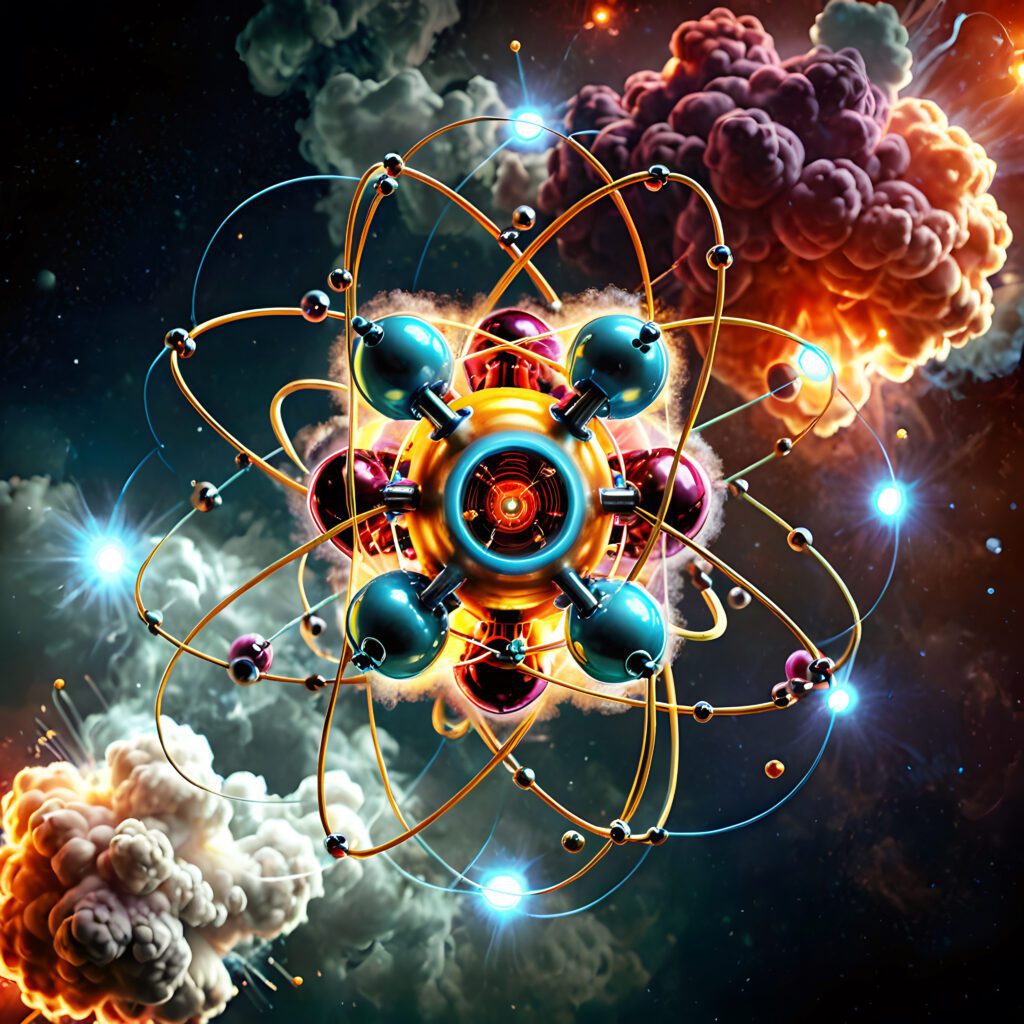צרו איתנו קשר!
פיזיקה - יסודות היקום
מסע בזמן דרך תגליות הפיזיקה הקלאסית
Physics - the foundations of the universe
time travel through the discoveries of classical physics
About The Course
על הקורס
הקורס "פיזיקה – יסודות היקום – מסע בזמן דרך תגליות הפיזיקה הקלאסית" מציע חוויה אקדמית מעמיקה ומרתקת, המובילה את הסטודנטים למסע אינטלקטואלי מרהיב דרך התיאוריות הפיזיקליות המרכזיות שעיצבו את עולם המדע מהעת העתיקה ועד לפתחה של המאה ה-20. במהלך הקורס, נחקור ביסודיות את התיאוריות והפרקטיקות שהתפתחו לאורך מאות ואלפי שנים, המהוות את אבני היסוד של המחקר הפיזיקלי המודרני ומשמשות בהיקף נרחב בעולם המדע והתעשייה כיום. נצלול לעומק תהליכי החשיבה פורצי הדרך של המדענים שפיתחו תורות אלו, נבחן את הניסויים המהפכניים, התצפיות המדויקות, והתגליות המפתיעות שהובילו לפיתוחים טכנולוגיים מהפכניים כגון מנועי רכב, מנופי בנייה, טילים בליסטיים, אנטנות ולווייני תקשורת. הקורס יתמקד בשלוש תיאוריות מרכזיות: המכניקה הניוטונית, התרמודינמיקה והאלקטרומגנטיות. במסגרת המכניקה הניוטונית, נעמיק בחקר תנועתם של אובייקטים במרחב, מהחלקיק הזעיר ביותר ועד למערכות כוכבים וגלקסיות, תוך התמקדות בהשפעת הכוחות השונים הקיימים בטבע. נכיר את עבודתו פורצת הדרך של סר אייזיק ניוטון ונבחן את תרומתם של מדענים נוספים מהעת העתיקה ועד ימי הביניים. בתחום התרמודינמיקה, נחקור את האינטראקציות המורכבות בין עולמות הפיזיקה, הכימיה וההנדסה, תוך התמקדות באנרגיה מכנית ומעברי חום בין סביבות וחומרים שונים. נלמד על מושג האנרגיה והטרנספורמציות שלה, נבחן את מושג האנטרופיה ואת יכולתו ליצור סדר מכאוס, ונחקור את עקרונות הפעולה של מנועי הבעירה הפנימית. בתחום האלקטרומגנטיות, נצלול לעולם המרתק של החשמל והמגנטיות, נחקור שדות אלקטרומגנטיים, מטענים חשמליים, מגנטים, זרמים ואנרגיה חשמלית, גלים וקרינה. נלמד על המודלים המהפכניים שפיתחו מדענים דגולים כמו מייקל פאראדיי וג'יימס מקסוול ואחרים. לאורך הקורס, נקיים שיח ביקורתי על דרכי החשיבה והפעולה של הקהילה המדעית, תוך התחשבות במגבלות ובתנאים שאפיינו את התקופות ההיסטוריות הרלוונטיות. מטרות הקורס כוללות הקניית יכולת לתאר ולהסביר את העקרונות והגדלים הפיזיקליים הקלאסיים המשמשים למידול העולם הפיזי, הבנת השימוש במודלים תיאורטיים לפיתוח כלים וטכנולוגיות מתקדמות, ופתיחת צוהר רחב לעולמות הפיזיקה וההנדסה. הקורס מדגיש את החשיבות והפוטנציאל האינסופי הגלום בתחומים אלה לקידום החברה האנושית, תוך פיתוח מיומנויות פתרון בעיות וחשיבה ביקורתית החיוניות להתפתחות אינטלקטואלית ומקצועית. מתוך שאיפה לעורר סקרנות ומוטיבציה גבוהה, הקורס מכוון להכשיר את הסטודנטים להשתלבות מוצלחת בתחומי מחקר מגוונים ובתעשיית ההיי-טק עתירת הידע.
* הקורס יותאם לרמת כל שכבת גיל.
"Physics – Foundations of the Universe – A Journey Through Time via Classical Physics Discoveries" Course
This course offers a profound and captivating academic experience, leading students on a spectacular intellectual journey through the central physical theories that have shaped the world of science from antiquity to the dawn of the 20th century. Throughout the course, we will thoroughly explore the theories and practices developed over hundreds and thousands of years, which form the cornerstones of modern physical research and are extensively used in science and industry today.
We will delve deep into the groundbreaking thought processes of the scientists who developed these theories, examine the revolutionary experiments, precise observations, and surprising discoveries that led to revolutionary technological developments such as vehicle engines, construction cranes, ballistic missiles, antennas, and communication satellites.
The course will focus on three central theories: Newtonian Mechanics, Thermodynamics, and Electromagnetism.
In Newtonian Mechanics, we will deepen our study of the motion of objects in space, from the smallest particle to star systems and galaxies, focusing on the influence of various forces existing in nature. We will explore Sir Isaac Newton's pioneering work and examine the contributions of other scientists from ancient times to the Middle Ages.
In Thermodynamics, we will investigate the complex interactions between the worlds of physics, chemistry, and engineering, focusing on mechanical energy and heat transfers between different environments and materials. We will learn about the concept of energy and its transformations, examine the concept of entropy and its ability to create order from chaos, and explore the operating principles of internal combustion engines.
In Electromagnetism, we will dive into the fascinating world of electricity and magnetism, exploring electromagnetic fields, electric charges, magnets, currents and electrical energy, waves, and radiation. We will study the revolutionary models developed by eminent scientists such as Michael Faraday, James Maxwell, and others.
Throughout the course, we will engage in critical discourse on the thought processes and actions of the scientific community, considering the limitations and conditions that characterized the relevant historical periods.
Course objectives include imparting the ability to describe and explain classical physical principles and quantities used to model the physical world, understanding the use of theoretical models for developing advanced tools and technologies, and opening a wide window into the worlds of physics and engineering.
The course emphasizes the importance and infinite potential inherent in these fields for advancing human society, while developing problem-solving skills and critical thinking essential for intellectual and professional development. With the aim of arousing curiosity and high motivation, the course is designed to prepare students for successful integration into various research fields and the knowledge-intensive high-tech industry.
* The course material will be tailored to the age of the learners.







